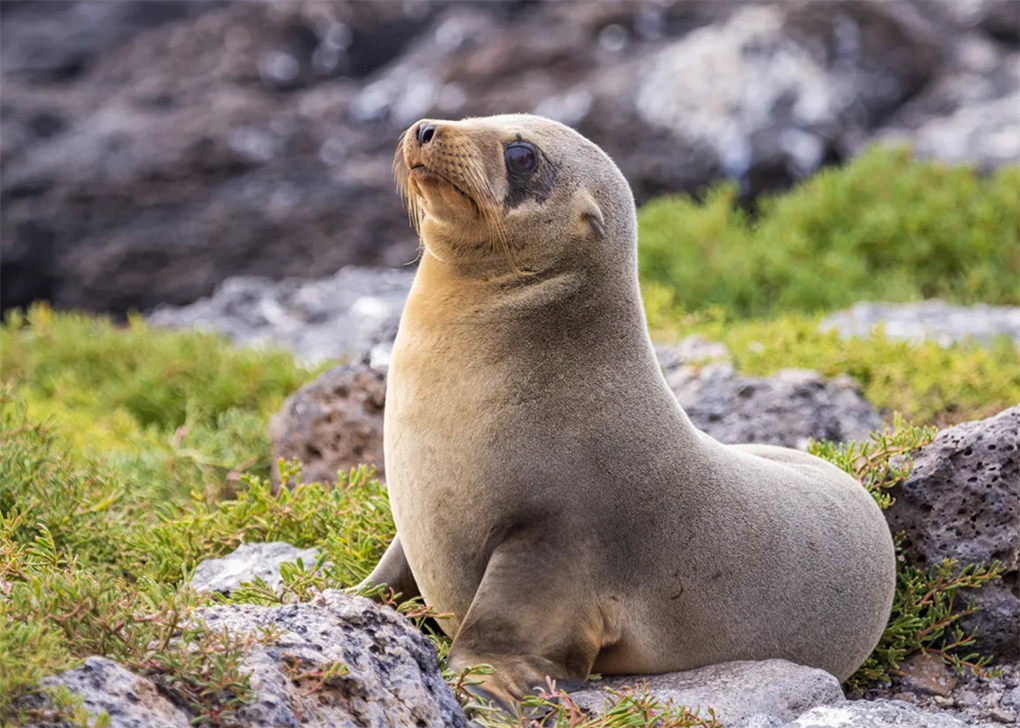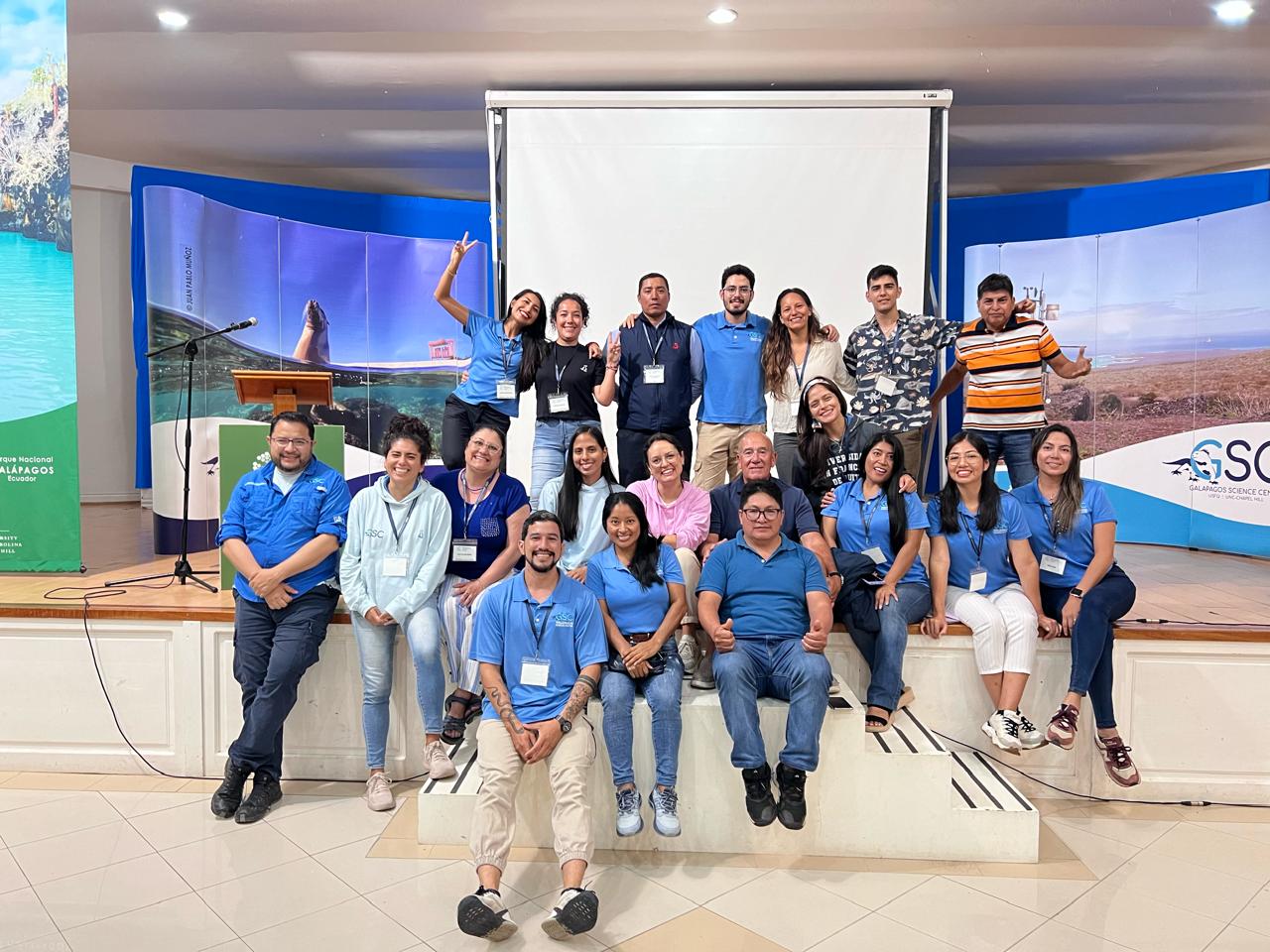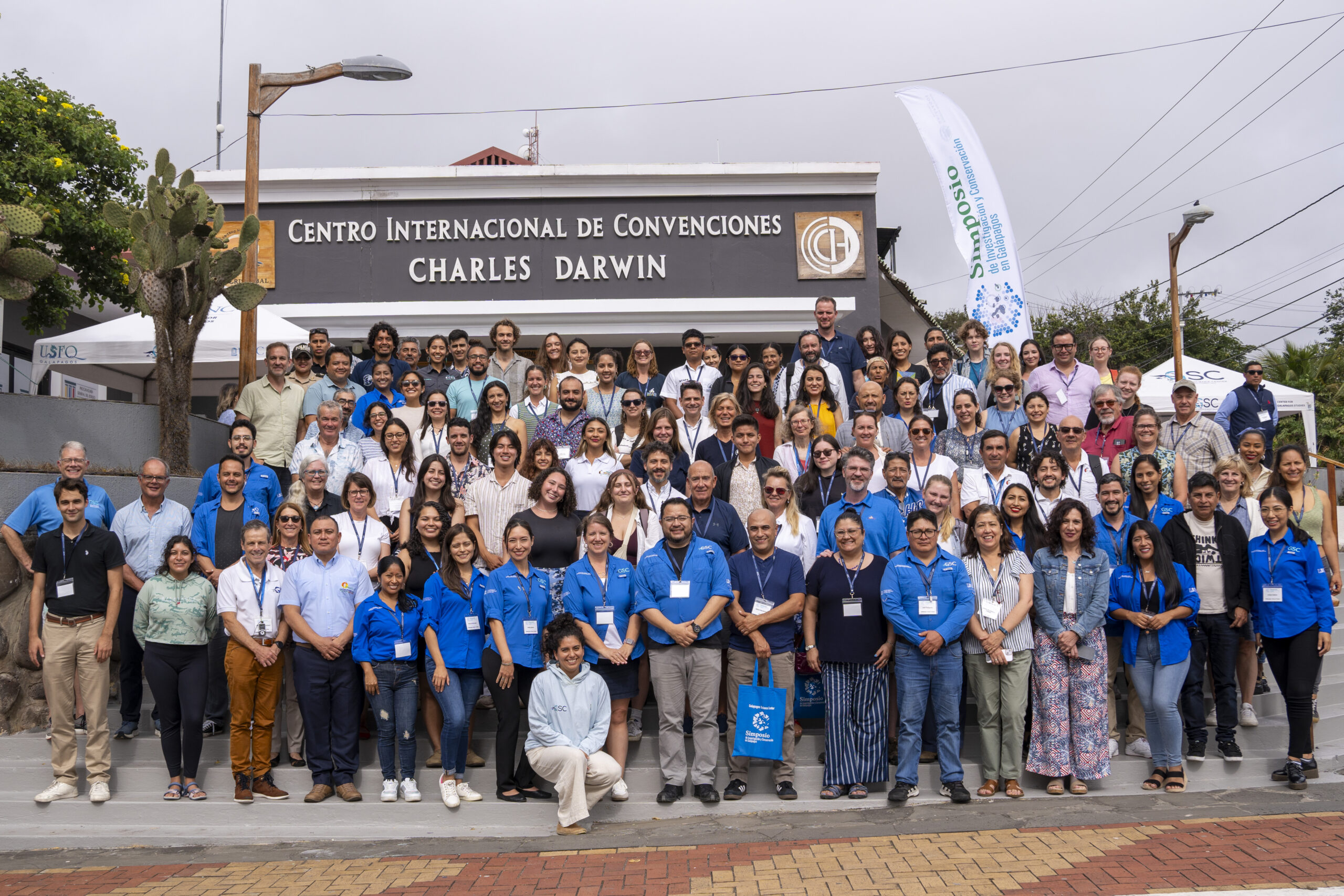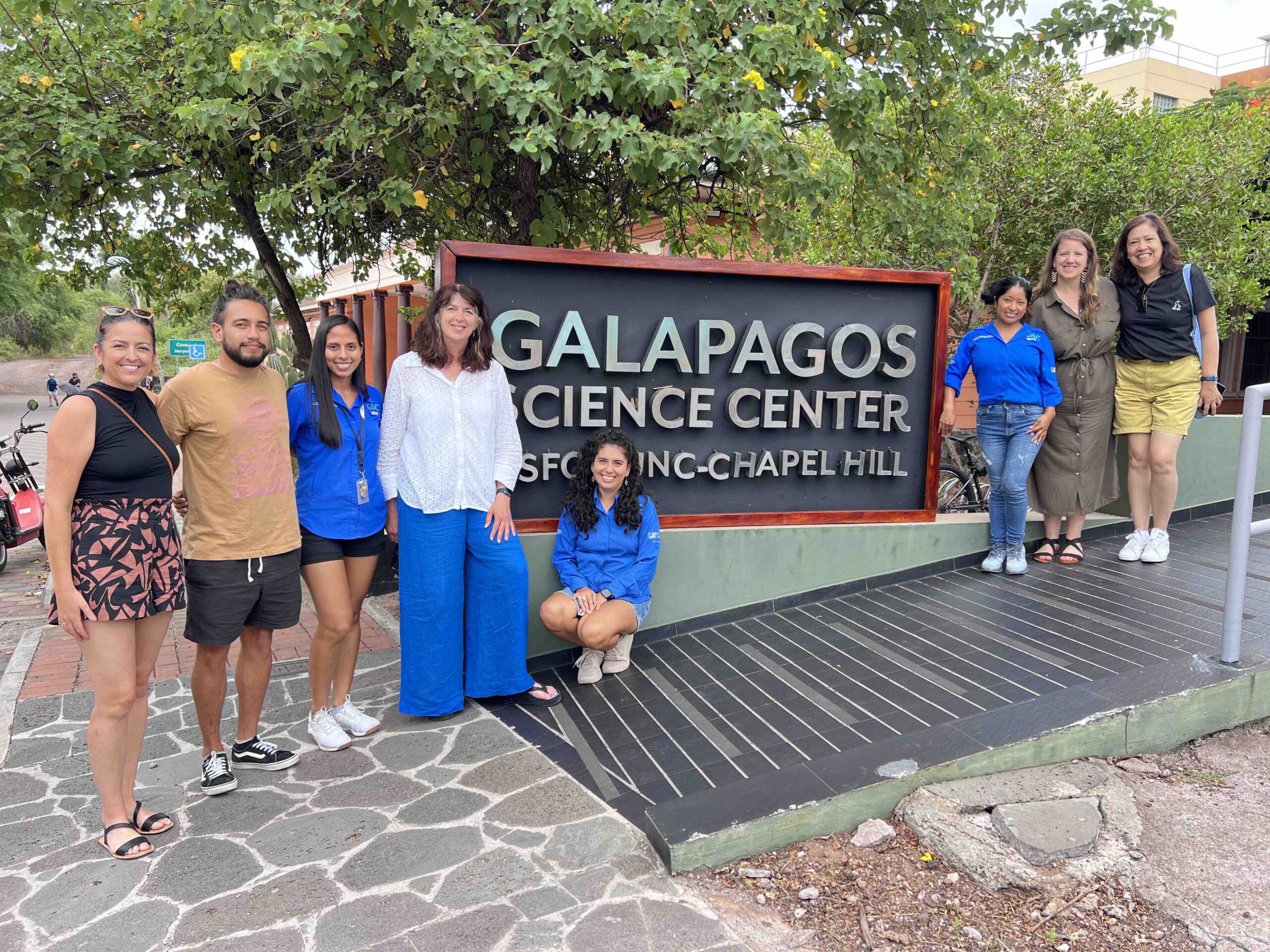Los pinnípedos que se encuentran en varias islas proporcionan una oportunidad ideal para examinar el proceso evolutivo de la subdivisión de poblaciones afectadas por varios mecanismos.
En el informe se analizan las consecuencias genéticas de la distribución geográfica de las colonias de lobos marinos de Galápagos en la creación de estructuras poblacionales.
La investigación encontró que la marcada estructuración de las poblaciones recuperadas en GFS probablemente está relacionada con una interacción entre la fidelidad al sitio a largo plazo y la migración a larga distancia en individuos machos y hembras, probablemente influenciada por diferentes grados de productividad marina.
Obtenga más información sobre el estudio en el enlace.






